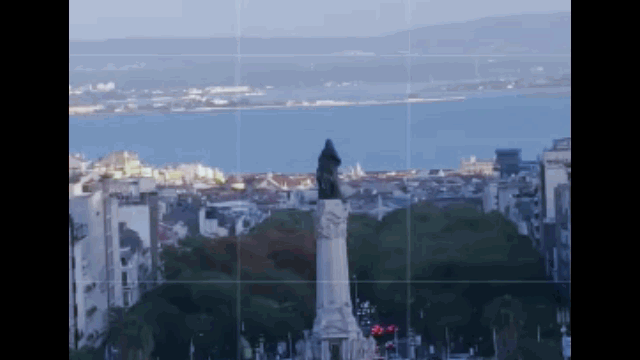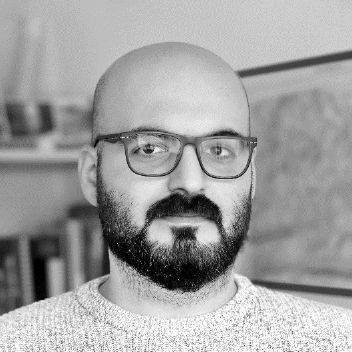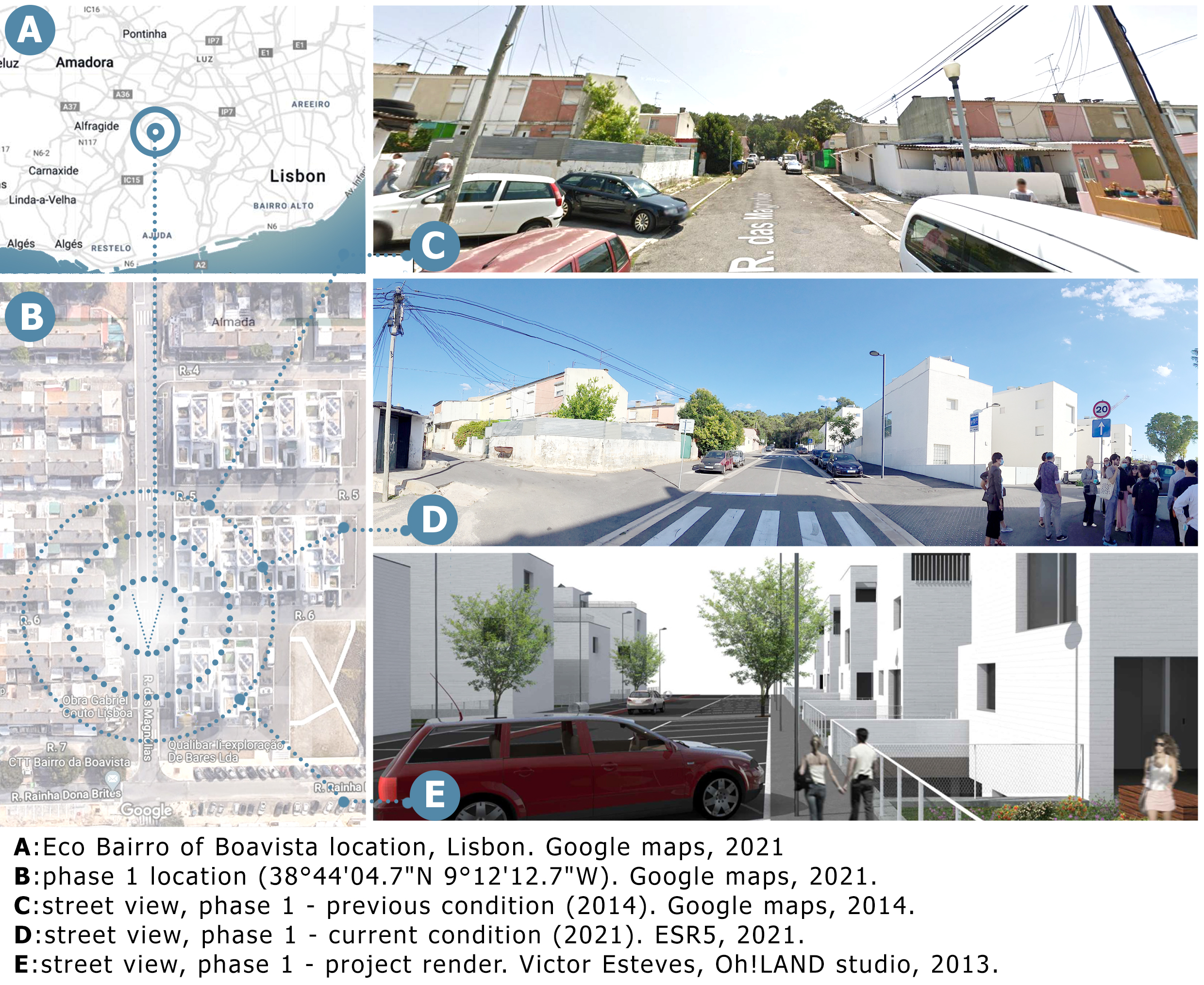WS1: The First Brick Has Been Cast
Posted on 07-10-2021
Finally, it happened! The long-waited RE-DWELL ITN Lisbon Workshop, organised by ISCTE-UL, took place over three days between 22 and 24 September 2021, where there was a range of structured activities and lectures to keep attendants busy. More than 35 RE-DWELLers attended the event, including ESRs, supervisors, speakers and partners, and all were ready to engage and collaborate with one another and exchange their immense knowledge of affordability and sustainability in housing from a transdisciplinary perspective.
Day one: Getting started
As expected, the opening session was well organised and very motivational. It began with the welcoming address, which was followed by an information-exchange session between the ESRs and supervisors in which ideas were exchanged and important concepts discussed. Naturally, posters and abstracts were involved! Myself, Andreas Panagidis and Dr Krzysztof Nawratek teamed up and engaged in very elaborate discussions about our projects. This was where, for the first time, I was able to understand the aims of the other ESRs at a detailed level, and I can now say with confidence that I can see the whole puzzle clearer. It is thrilling to see how our projects work together on the path to delivering affordable and sustainable housing.
Although the workshop was quite motivational, the highlights of the day were the introduction of the concept of BIP/ZIP and the tour to Eco Bairro of Boavista. “BIP-ZIP is a non-bureaucratic participatory budgeting model that invites citizens to develop and implement actions themselves in their neighbourhoods, which reinforces the social and territorial cohesion of the Lisbon municipality” (UA, 2018). Essentially, BIP/ZIP is a programme designed to get more citizens’ input into the construction of cities. The tour to Eco Bairro of Boavista marked the end of the first day, with dozens of important questions answered about its planning, design, and the strategies used in achieving these goals. As a picture is worth a thousand words, Figure 1 has been included to explain this information.
Day two: It only gets better
A roundtable and the subsequent open debate were the highlights of the second day. A group of experts, researchers and academics (Prof. David Clapham, Prof. Gilles Debizet, Prof. Doina Petrescu and Prof. Ashraf Salama) discussed the meanings, concepts and methods of transdisciplinary research for affordable and sustainable housing from different perspectives. According to Prof. Salama, different backgrounds is one of the reasons behind the current difficulties, as he says, “When we sit with people of different disciplinary backgrounds, the first thing we say is, ‘This is not how we do things,’ and once you say that, you establish… boundaries between us and other people… Transdisciplinarity is the notion of triangulation: looking at affordability, sustainability and lifestyles together” (Salama, 2021).
During the second half of the day, several important topics were discussed in a series of lectures delivered by the Casais Group: From the concepts and role of circular economies fostering sustainability and the necessity of digital transformation, to the use of building information modelling (BIM) and the industrialisation of construction leading to effective resource management. During the tour of one of Casais’s projects, we witnessed the transformation that takes place in construction, from the pencil and block through to the use of BIM and modular design principles.
Day three: Ethics is the name of the game
The third day marked the end of the workshop. Focused and dynamic lectures were delivered by Prof. Karim Hadjri and Dr Krzysztof Nawratek. Everyone engaged in a hands-on workshop to understand the role of personal qualities and self-management in developing a successful project and, ultimately, a good PhD thesis. Ethics and data management were the hot topics during the session, for which a grounding principle was presented and clarified, which helped to shape our understanding and clarify the ways in which ethical and successful projects can be achieved. And, as usual, the day ended with a tour, this time to Marvila, where the role of innovation in social housing was demonstrated.
Bacalhau à Brás
Although this seems like a complicated technical term, it’s a traditional dish made from cod fish that you must try when visiting Lisbon, as I assure you that it is very delicious! So much so that it was the most popular dish at the event. So, on day three and after many dishes of Bacalhau à Brás, our first workshop came to an end. I would like to take this opportunity to thank everyone who helped in organising or presenting at the event and to thank those who attended this amazing event. See you very soon at Nicosia!
References
SALAMA, A. 2021. Transdisciplinarity Research for Affordable and Sustainable Housing. Research Methodologies and Tools (Rmt1 Course). Lisbon workshop.
UA. 2018. BIP-ZIP, Citizen Participation Mechanism [Online]. Lisbon: Urban Alternatives. Available: https://urbanalternatives.org/map/lisbon/bip-zip/ [Accessed October 2021].
Reference documents



